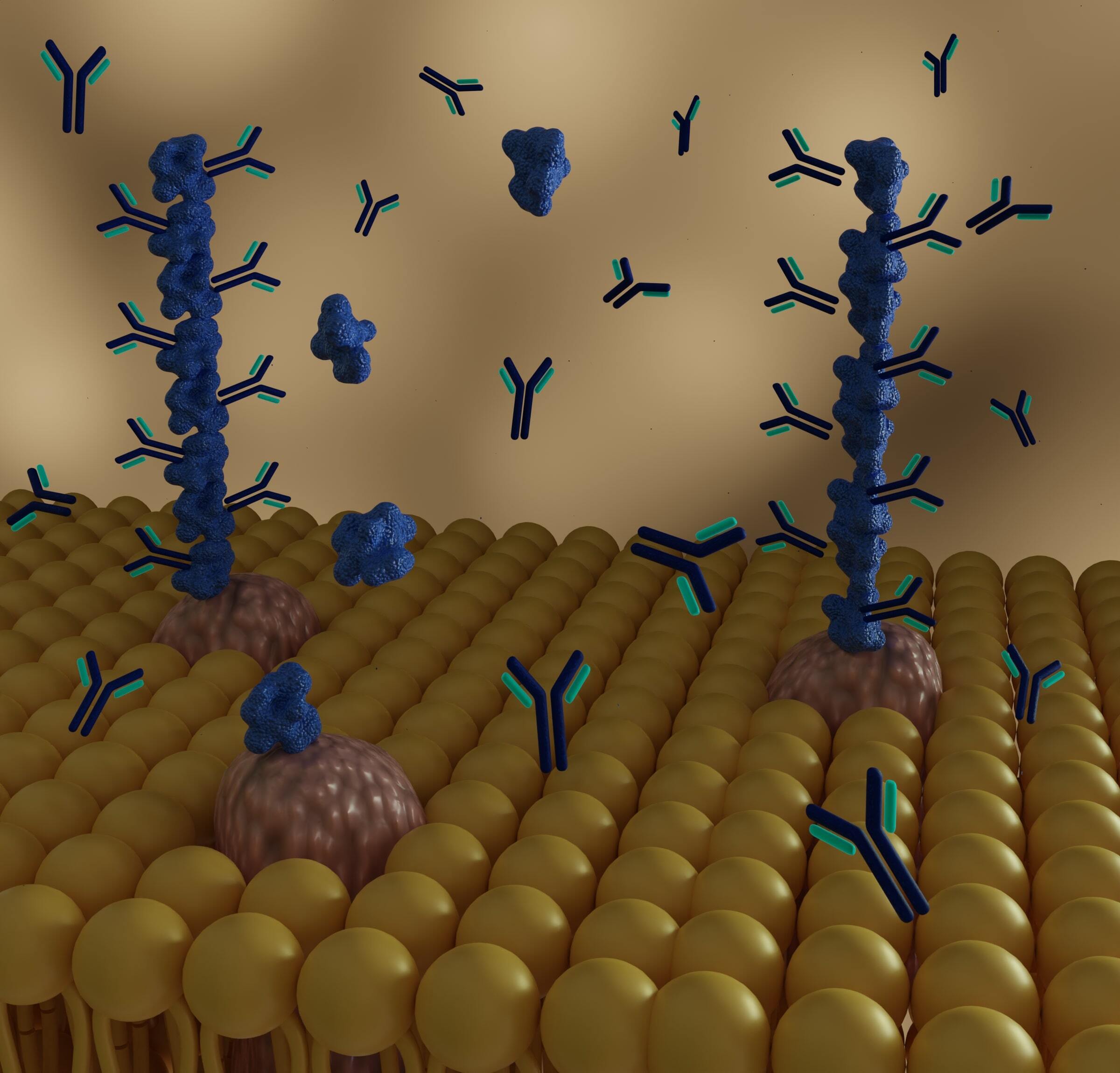Biophysics Services
Characterize your target from every angle

Access an unparalleled suite of biophysical solutions, delivering tailored insights into molecular behavior for confident decision-making at every stage of drug discovery.
Whether you need to assess binding interactions, structural integrity, or molecular stability, our expert-led solutions are designed to meet the specific needs of your project.
With an extensive range of expertise and specialist instrumentation, our team are ready to tackle the most complex challenges; from high stoichiometry systems to transient or tertiary interactions. Our biophysicists don’t just deliver high-quality data; they interpret it, delivering detailed conclusions and next-step recommendations to accelerate your project.
Biophysics can answer critical questions, such as:
- What is the mechanism of action between your molecules and how may this be further refined to increase potency?
- How strong is your molecular interaction of interest and what factors influence binding affinity and kinetics?
- Which molecular stability parameters are important for your molecules and how can these be optimized?
- Is your molecule exhibiting ordered secondary and tertiary structure?
- How is the molecular aggregation propensity defined and how may this be reduced?
Full biophysical characterization of your target

Expert analysis for better decisions
- Gain confidence in binding behavior, mechanism of action and molecular stability
- Reduce formulation risk and confirm structural integrity with detailed biophysical characterization
Tailored solutions for complex molecules
- Access a wide suite of orthogonal and complementary techniques tailored to your goals
- Achieve rapid, reliable data and clear next-step recommendations
Biophysics embedded across discovery
- Use biophysics from Hit ID through to formulation and API development
- Seamlessly integrate with structural biology, protein production, and chemistry workflows
Solutions to support multiple modalities

DLS
Can be non-destructive
Fast measurement
Low sample consumption
NTA
High resolution
Non-destructive
SEC-MALS
Resolve complex assemblies and oligomers
ELS
Fast measurement
Low sample consumption
SPR
Highly flexible assay configuration
Epitope binning
Measure fast on- & off-rates
High throughput
GCI
Measure fast on- & off-rates
waveRAPID® technology allowing for reduced sample consumption
ITC
Gold standard technique for binding assessment of binary system
DSF
Minimal method development
Low sample consumption
High-throughput
DSC
Detect subtle structural changes and assess reversibility of these changes
Our Biophysicists are experienced with detailed interaction analyses and characterization over a vast range of modalities and we are accomplished in bringing solutions to novel modalities. Molecules we have worked with include:
- Antibodies
- Antibody-drug conjugates
- Antibody fragments
- Fragments
- Multimeric structures
- Nanoparticles
- Oligonucleotides – DNA, RNA
- Peptides
- Proteins
- Small molecules
- Targeted Protein Degraders (TPDs) such as PROTACS and molecular glues
- Vaccines
- Viral and non-viral vectors
Biophysics for hit generation
Fragment screening
- GCI enables rapid hit identification delivery within days compared to weeks using SPR
- Utilizing either SPR or GCI in combination with our 1100 fragment library or alternatively using your own fragment library.
Computational screening
- From start to finish, your final hit identifiaction delivery is available in only 2-4 weeks
- Our virtual BioPALS platform starts with an initial screen of millions to billions which are then refined to 50-500 hits using Machine Learning
- An orthogonal Biophysical readout provides confirmation of hit binding with a final refinement to 5-20 hits
Biophysics for formulation development
The power of biophysics may also be harnessed to support your formulation development
- Investigating forced degradation
- Characterizing biologics to study the effects of different buffers with the presence of additives/excipients of interest
Services related to biophysics:
- Protein production and all proteins solutions
- Structural biology using both X-ray Crystallography and Cryo-EM approaches
- Biochemical assay development and screening
- Medicinal chemistry





